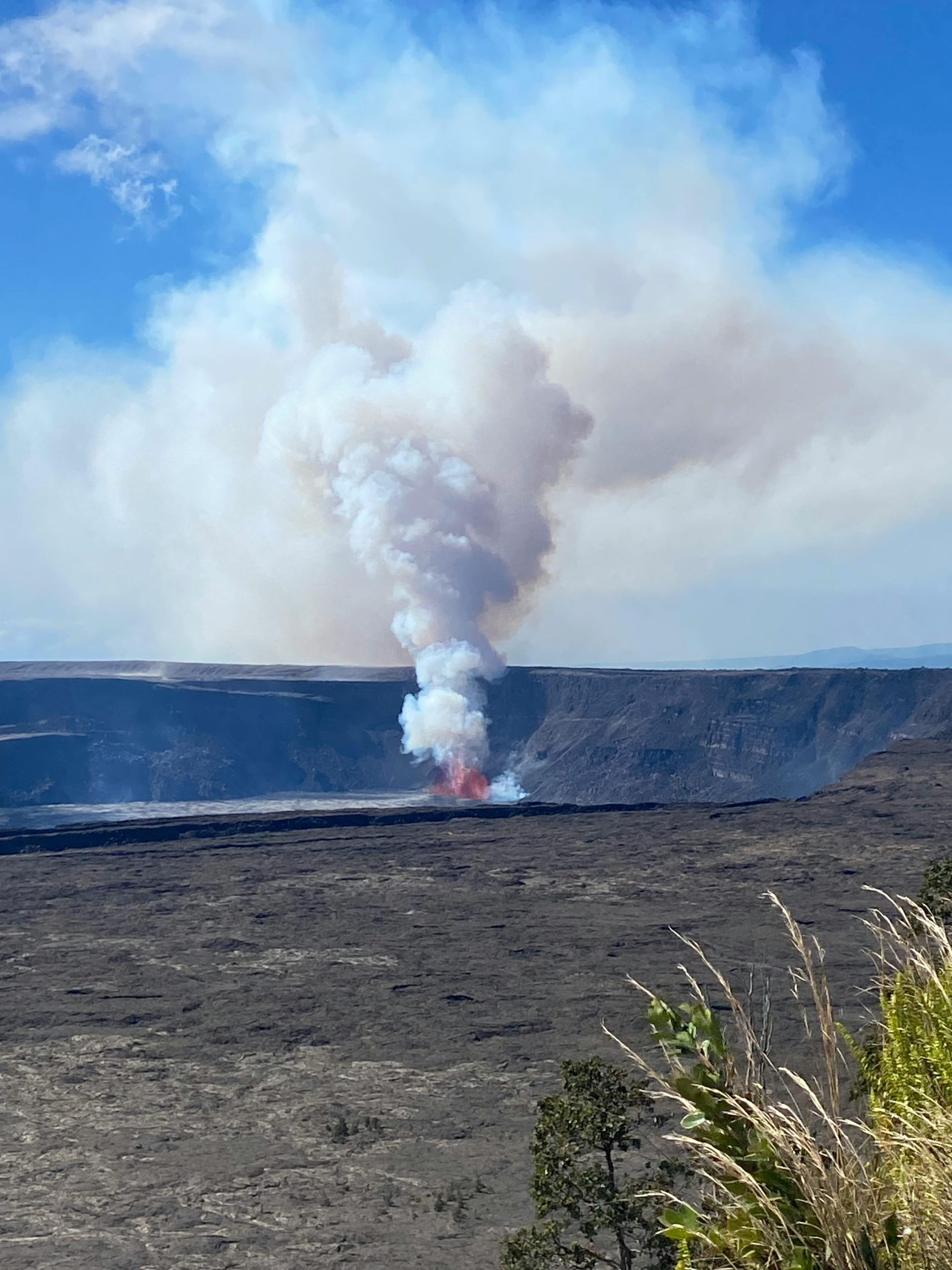Understanding Financial Responsibilities After an Uninsured Car Accident
Navigating the aftermath of a car accident can be complex, especially when the at-fault driver lacks insurance. Many wonder: if someone causes damage to your vehicle and doesn’t have insurance coverage, what financial obligations do they have? Is the amount they owe strictly their out-of-pocket expenses, or does it extend beyond that?
In situations where the responsible party refuses or is unable to pay, the situation becomes even more complicated. What options are available to victims when the at-fault driver chooses to ignore the bill or is financially unable to settle the damages?
For example, consider a recent incident where an individual intentionally damaged multiple vehicles, including mine, without possessing any insurance. The total estimated damages exceeded $100,000, and the offender reportedly has a troubling history of similar acts. This raises important questions: Does the responsible party remain liable for the entire amount, and is that obligation a fixed sum that persists until paid off? Or can unpaid damages accrue additional consequences or legal actions over time?
The reality is that establishing liability is only part of the process. When the at-fault driver lacks insurance or the means to cover damages, victims often face significant hurdles in recovering costs. In such cases, pursuing legal action or filing a claim with your own insurance policy—if it includes uninsured motorist coverage—may be necessary steps.
Ultimately, it’s crucial for vehicle owners to understand that responsibility in an accident isn’t always straightforward. The financial repercussions can be severe, especially when dealing with uninsured or uncooperative individuals. Consulting with legal and insurance professionals can provide guidance tailored to specific circumstances, helping victims protect their interests and navigate the complex aftermath of such incidents.



